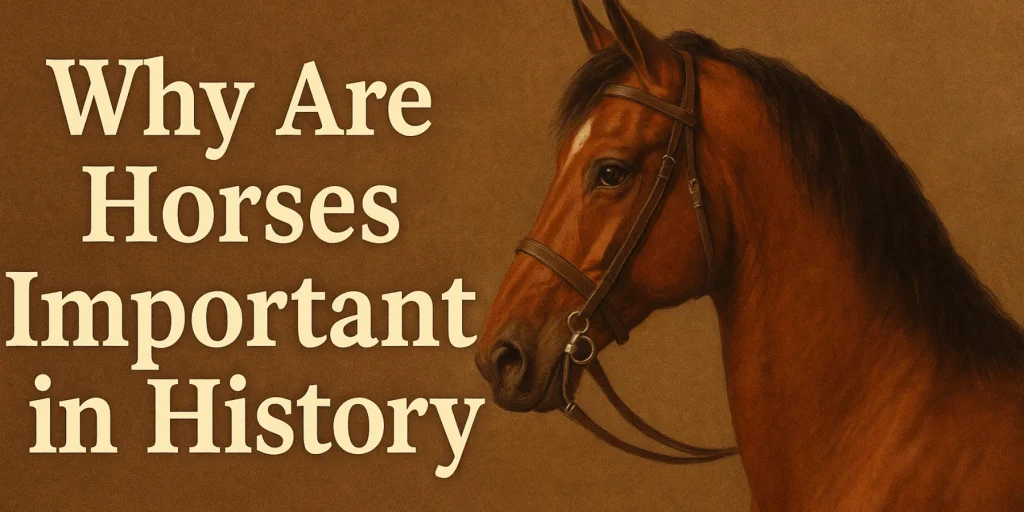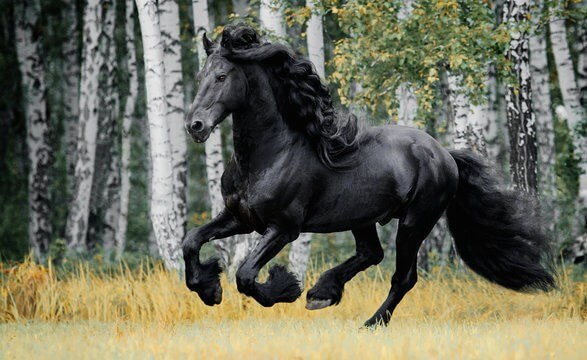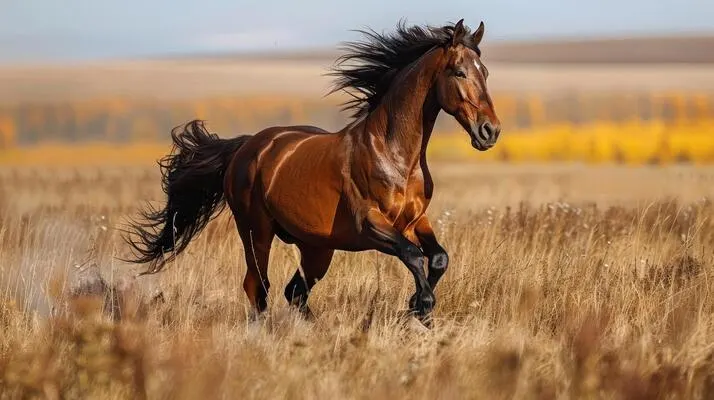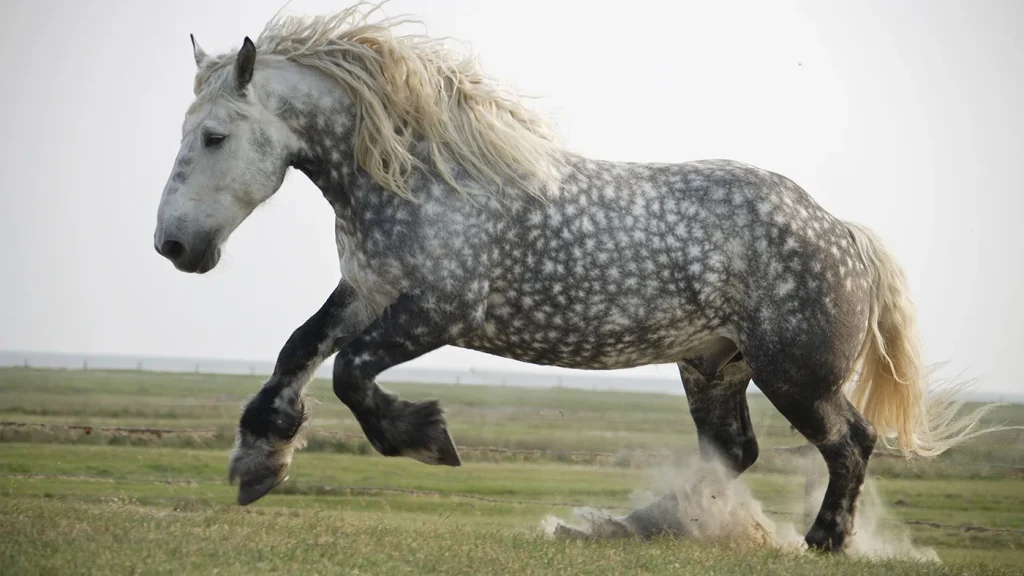Horses have played a crucial role in shaping human civilization for thousands of years. From ancient warfare and transportation to agriculture and trade, these magnificent animals have influenced nearly every aspect of human life. Understanding why horses are important in history offers insight into how they became partners, companions, and symbols of strength across cultures.
The Beginning of the Human-Horse Relationship
The domestication of horses dates back around 5,000 years. Early humans discovered that horses could be trained for work, travel, and even companionship. This partnership changed how people lived, allowing them to move faster, explore new lands, and connect distant regions through trade and communication.
Horses in Ancient Warfare
Before modern vehicles, horses were essential in warfare. Civilizations such as the Persians, Greeks, and Mongols used horses to expand their empires and defend their territories. Chariots and cavalry units became symbols of military power, and horse-mounted warriors were among the most respected soldiers in history. Their speed and endurance gave armies a strategic advantage on the battlefield.
Horses and the Expansion of Trade
Trade routes like the Silk Road depended heavily on horses. Traders used them to transport goods, messages, and travelers across continents. Without horses, long-distance trade and communication between civilizations would have been nearly impossible. They helped spread not only products but also ideas, cultures, and innovations.
The Agricultural Revolution and Horse Power
In agriculture, horses replaced human and ox labor, greatly improving efficiency. They plowed fields, pulled carts, and carried supplies, helping farmers cultivate larger areas of land. This increased food production and supported population growth, contributing to the development of early societies and stable economies.
Transportation and Exploration
Horses were the main source of land transportation before the invention of engines. They carried people and goods across towns, cities, and even continents. Explorers and pioneers relied on horses to discover new territories and establish trade routes. In many cultures, a person’s social status was often linked to horse ownership.
Horses in Art, Culture, and Symbolism
Throughout history, horses have inspired countless works of art, literature, and mythology. They represent freedom, courage, and loyalty in many cultures. From the ancient Greek Pegasus to Native American horse traditions, their symbolism has evolved, yet their image as noble and powerful creatures remains strong.
Horses and Modern History
Even with the rise of machines, horses continued to play vital roles in society. During World War I, they were used in transport, logistics, and medical support. In modern times, horses are valued for sports, therapy, and recreation. Equestrian competitions and horseback riding keep the historical bond between humans and horses alive.
The Emotional and Social Impact of Horses
Beyond their physical contributions, horses have had a deep emotional impact on people. Their loyalty, intelligence, and gentle nature make them beloved companions. Programs involving equine therapy help individuals improve mental health, confidence, and emotional well-being, proving that the bond between humans and horses goes beyond history—it continues to heal and inspire today.
Conservation and the Future of Horses
While technology has changed the world, protecting horse breeds and their natural environments remains essential. Organizations and breeders around the world are working to preserve ancient horse lineages and promote responsible care. The importance of horses in human history reminds us of our shared responsibility to ensure their well-being for future generations.
Conclusion
Horses have been more than just animals—they have been partners in humanity’s progress. From battles to farms, and from trade routes to modern therapy, horses have shaped history in ways that few species ever have. Their legacy continues to remind us of the deep connection between humans and the natural world.
FAQs about Horses
Why were horses so important in ancient times?
Horses were crucial for transportation, farming, and warfare. They allowed civilizations to grow and connect across large distances.
How did horses change human civilization?
Horses made travel and communication faster, supported agriculture, and enabled trade and military advancements that shaped the modern world.
Are horses still important today?
Yes. While technology has replaced horses in some areas, they remain important in sports, therapy, and cultural traditions worldwide.
When were horses first domesticated?
Horses were first domesticated around 5,000 years ago in Central Asia, marking the beginning of a lasting partnership with humans.
How do horses continue to influence human life?
Today, horses contribute to recreation, therapy, and emotional well-being, showing that their importance goes far beyond history.
















